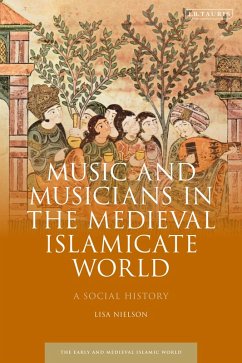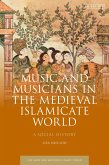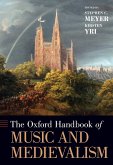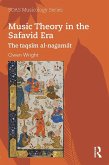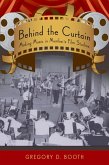During the early medieval Islamicate period (800-1400 CE), discourses concerned with music and musicians were wide-ranging and contentious, and expressed in works on music theory and philosophy as well as literature and poetry. But in spite of attempts by influential scholars and political leaders to limit or control musical expression, music and sound permeated all layers of the social structure.
Lisa Nielson here presents a rich social history of music, musicianship and the role of musicians in the early Islamicate era. Focusing primarily on Damascus, Baghdad and Jerusalem, Lisa Nielson draws on a wide variety of textual sources written for and about musicians and their professional/private environments - including chronicles, literary sources, memoirs and musical treatises - as well as the disciplinary approaches of musicology to offer insights into musical performances and the lives of musicians. In the process, the book sheds light onto the dynamics of medieval Islamicate courts, as well as how slavery, gender, status and religion intersected with music in courtly life. It will appeal to scholars of the Islamicate world and historical musicologists.
Lisa Nielson here presents a rich social history of music, musicianship and the role of musicians in the early Islamicate era. Focusing primarily on Damascus, Baghdad and Jerusalem, Lisa Nielson draws on a wide variety of textual sources written for and about musicians and their professional/private environments - including chronicles, literary sources, memoirs and musical treatises - as well as the disciplinary approaches of musicology to offer insights into musical performances and the lives of musicians. In the process, the book sheds light onto the dynamics of medieval Islamicate courts, as well as how slavery, gender, status and religion intersected with music in courtly life. It will appeal to scholars of the Islamicate world and historical musicologists.

